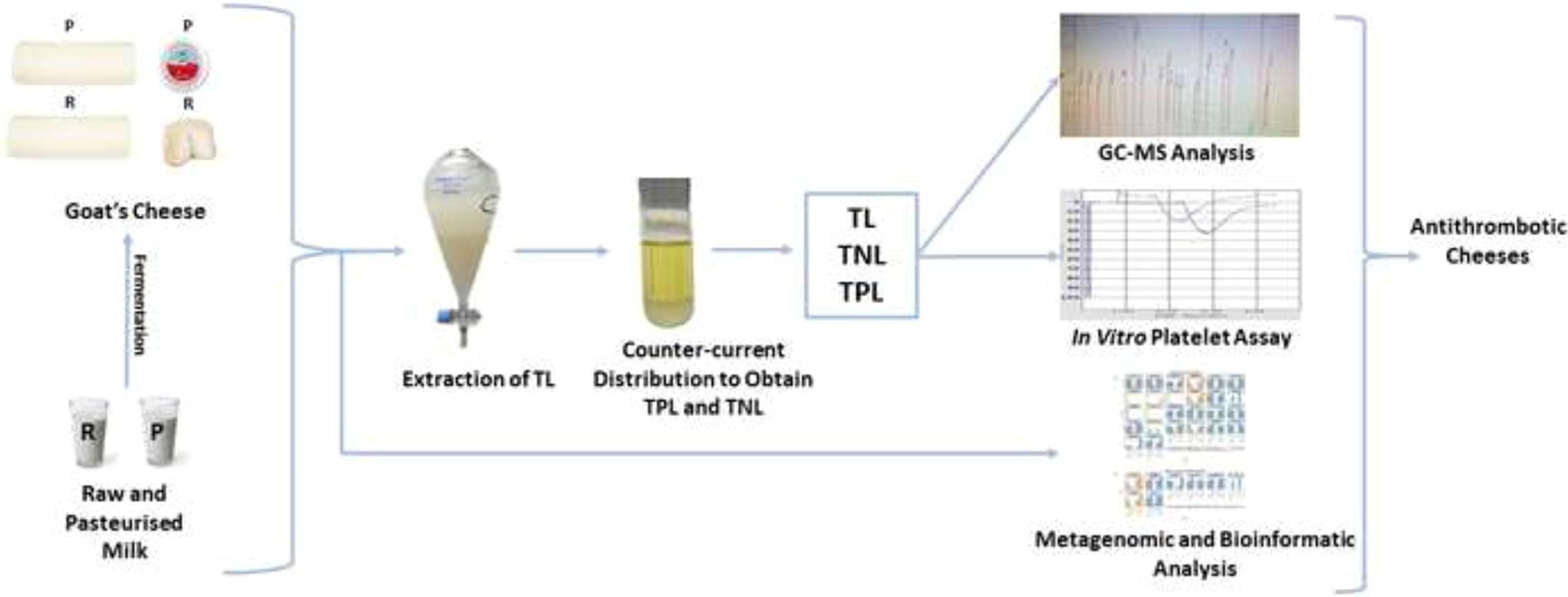The latest research on dairy lipids
According to the Guardian,
A higher consumption of dairy fat may be linked to a lower risk of cardiovascular disease, according to new research that suggests choosing full-fat dairy options is no worse for heart health.
The study, from an international team of experts, challenges the view that full-fat dairy products, such as cheese, yoghurt and milk, should be avoided because of their high saturated fat content.
The authors of this paper conclude that “in a meta-analysis of 18 observational studies including our new cohort study, higher levels of 15:0 and 17:0 were associated with lower CVD risk. Our findings support the need for clinical and experimental studies to elucidate the causality of these relationships and relevant biological mechanisms”.
Are these news on dairy lipids really news?
However, these news are not news in our ears! Since 2015 (when I moved to UL); with my team, we have been working on dairy fats and the anti-thrombotic properties of these molecules, as published here and here.
Where we mention that ” recent research and meta-analyses have demonstrated the benefits of full-fat dairy consumption, based on higher bioavailability of high-value nutrients and anti-inflammatory properties. In this review, the relationship between dairy consumption, cardiometabolic risk factors and the incidence of cardiovascular diseases are discussed. Functional dairy foods and the health implications of dairy alternatives are also considered. In general, evidence suggests that milk has a neutral effect on cardiovascular outcomes but fermented dairy products, such as yoghurt, kefir and cheese may have a positive or neutral effect. Particular focus is placed on the effects of the lipid content on cardiovascular health”.
Dairy lipids and platelet aggregation
Our work has focused on sheep milk (ovine) yoghurts and goat milk (caprine) cheeses, with the collaboration of Industry and the support of Enterprise Ireland– Rockfield (producers of Velvet Cloud yoghurt and cheese) and St Tola (producers of St Tola goat cheeses). In these projects, we have evaulated the anti-thrombotic properties of lipids in milk and fermented foods (yoghurts and cheeses). Milk fermentation produces a number of polar lipids with strong activities against platelet aggregation and therefore thrombosis. We are currently working on producing a novel yoghurt drink and getting a better understanding on which genes and enzymes work, during fermentation, to produce such polar lipids.
Related references
The effect of ovine milk fermentation on the antithrombotic properties of polar lipids
Caprine milk fermentation enhances the antithrombotic properties of cheese polar lipids
